Installing a new floor in your home can be an incredibly exhilarating experience. With a wide array of options available, each offering distinct styles and properties, you can transform your living space, office, or patio into something truly remarkable.
However, selecting a high-quality flooring type can initially present challenges. We comprehensively overview the various flooring types currently available for residential, commercial, and industrial property owners.
By gaining insight into these options, you can make informed decisions that align with your specific needs and preferences, ultimately achieving a stunning result that enhances the aesthetic and functionality of your space.
What Are the Different Types of Flooring?
As mentioned before, each flooring type has something unique to bring to the table, so it’s a matter of choosing which option suits your property and needs the best. The following is a list of the most common types of flooring materials:
- Laminate
- Hardwood
- Porcelain/Ceramic
- Vinyl/Linoleum
- Carpet
- Natural Stone
- Additional Materials (Bamboo, Marmoleum, Rubber, Parquet, Cork)
From this list, the most popular flooring types are laminate and hardwood since they’re visually pleasing and more resistant to prolonged damage. However, all of these flooring types are excellent options.
Differentiating Engineered Hardwood and Laminate Flooring
Engineered hardwood and laminate flooring are both amazing options that fit most property owners. However, both flooring types look similar to each other, so you may wonder what the difference between engineered hardwood and laminate is.
Engineered hardwood provides the user with the texture and looks of solid wood, but it adds more versatility and resistance to warping. On the other hand, laminate flooring is even more durable and resistant than engineered hardwood, but it doesn’t feature a solid wood veneer.
If you’re looking for durability, laminate flooring may be the best choice for you since it’s also less expensive than engineered hardwood. However, you can’t repair or refinish it, which may come as a disadvantage to some people.
Engineered hardwood can be repaired and refinished, so if you’re looking for something that you can re-touch after some time, this may be a good choice.
How to Choose the Right Flooring Type for You
There are a few things that you may keep into consideration before you choose a flooring type for your property. In essence, it all comes down to preference and practicality. If you’re unsure of how you can choose the appropriate flooring type for your property, consider the following factors:
- Maintenance: If you want low-maintenance floors, most types of vinyl flooring can do the job perfectly. Laminate flooring may also work, but it’s extremely susceptible to water damage, so you may need to clean it with special equipment.
- Budget and Installation: Before you make any big decisions, you must calculate your budget. Aside from the flooring itself, you must also consider underlayment, removal of the old flooring, adhesives, baseboards, and delivery. If you’re having a professional install the flooring, you must also consider installation costs-
- Style: While it’s not as important as the other factors, your preference plays a significant role in what flooring you choose. You must always put performance first, but you also need to choose something you like. Make sure that the flooring you choose complements your home décor like furniture, bookshelves, or a plant shelf.
Bottom Line
As you can see, there is a vast list of flooring types available for you. If you want to make the best decision based on your property, consider talking to a professional to assess all your requirements and choose something appropriate accordingly.

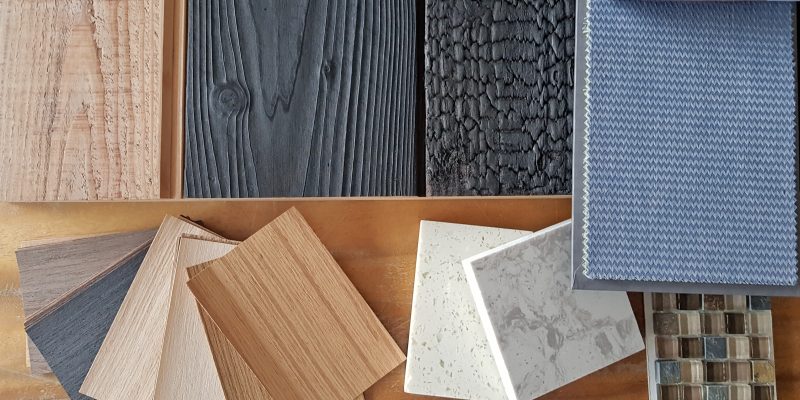
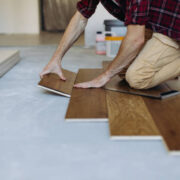
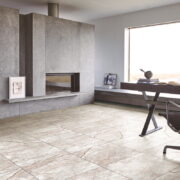
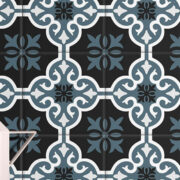
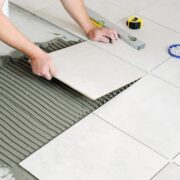
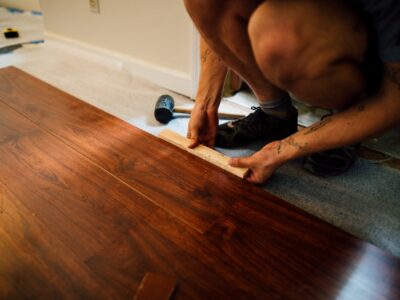
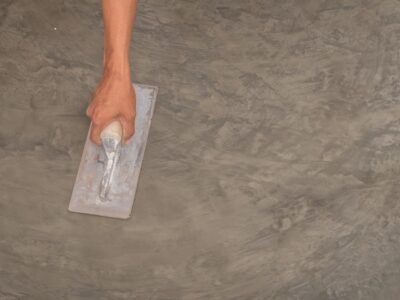
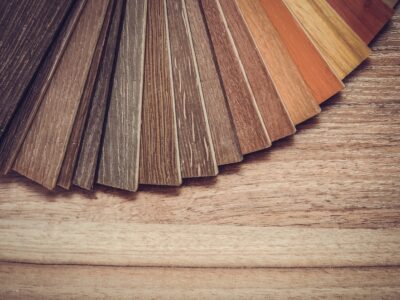

Comments